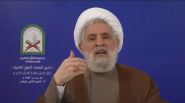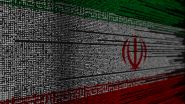
Israel Strikes Southern Lebanon
This is Beirut 19/01 12:15

This is Beirut 19/01 12:15

This is Beirut 17/01 20:25

This is Beirut 16/01 19:55

This is Beirut 16/01 14:40

Natasha Metni Torbey 16/01 11:05

This is Beirut 19/01 09:45

This is Beirut 19/01 09:40

This is Beirut 17/01 20:35

This is Beirut 17/01 14:25

This is Beirut 17/01 14:10
This is Beirut 16/01 22:00
Hala Abdallah 13/01 17:00
Hala Abdallah 06/01 21:35
Maroun Chahine 2025-12-31 11:30

This is Beirut 2025-12-21 15:05

This is Beirut 2025-12-21 12:05

Eleonore Stephan for Huna Lubnan 2025-12-21 09:05

This is Beirut 2025-12-20 18:05

This is Beirut 2025-12-20 16:05

This is Beirut 12/01 18:15

This is Beirut 09/01 20:40

This is Beirut 08/01 17:30

This is Beirut 07/01 20:45

This is Beirut 06/01 17:00

Makram Haddad 2025-12-19 08:40

Makram Haddad 2025-12-18 08:50

Makram Haddad 2025-12-17 11:30

Makram Haddad 2025-12-16 09:30

Makram Haddad 2025-12-12 11:10

Bélinda Ibrahim 2025-12-17 11:00

Makram Haddad 2025-12-17 08:50

Bélinda Ibrahim 2025-12-11 10:30

Bélinda Ibrahim 2025-12-10 12:00

Bélinda Ibrahim 2025-12-04 15:05